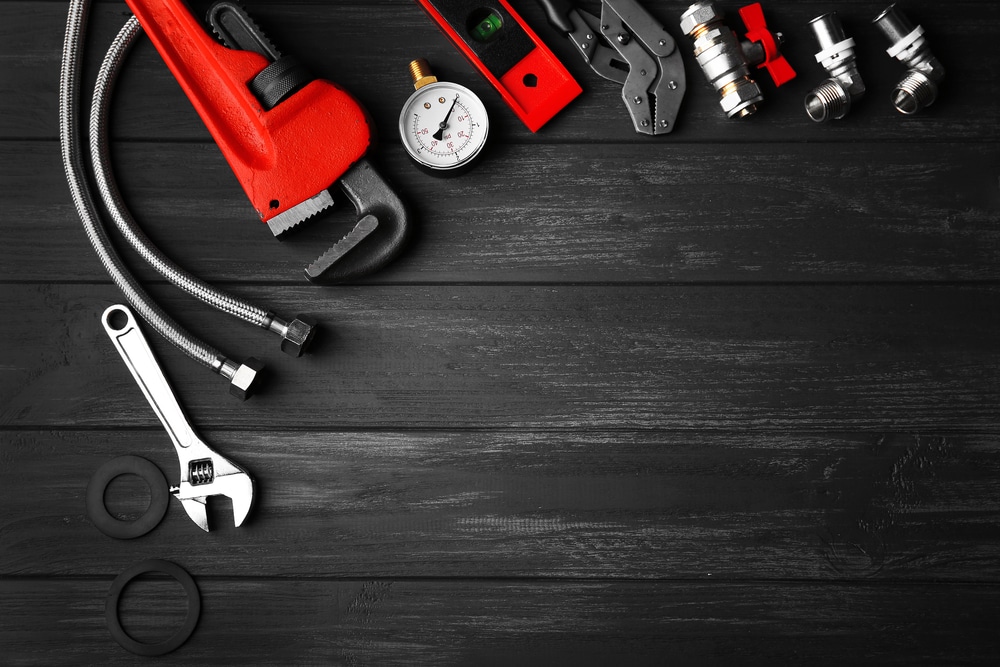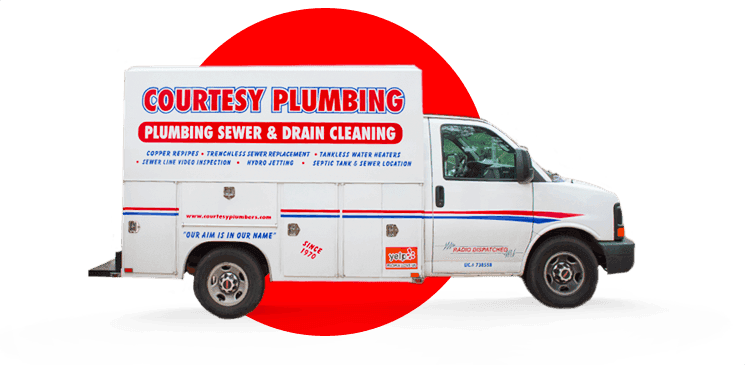Water pressure regulators are vital components of your home’s plumbing system, responsible for maintaining consistent and appropriate water pressure levels as water enters your property. With fluctuations in pressure from the main supply line, or even within your home, a well-functioning water pressure regulator can prevent damage to pipes, appliances, and fixtures, and offer a range of additional benefits.
This comprehensive guide will help you understand the importance of water pressure regulators, their primary function, and the wide array of benefits they provide. By delving into the various types of regulators available and the key factors to consider when choosing the ideal pressure regulator for your home, this guide will equip you with the knowledge needed to make informed decisions about your plumbing system.
By understanding the vital role water pressure regulators play, you can take proactive steps to optimize your home’s water pressure, preserve your plumbing infrastructure, and mitigate potential issues. Furthermore, proper installation and maintenance of these devices are essential in ensuring consistent water pressure in your home, preventing a myriad of problems and prolonging your system’s lifespan.
The Primary Function of a Water Pressure Regulator
A water pressure regulator, also known as a pressure reducing valve, is designed to control the water pressure entering your home from the main supply line. These devices maintain a consistent and safe water pressure level, typically between 40 and 60 pounds per square inch (PSI), to ensure the optimal performance of your plumbing system and prevent potential damage from excessive pressure.
Water pressure regulators are typically installed near the main water shutoff valve, where the water supply enters your home. They work by reducing the high pressure from the main supply line to a safe and manageable level suitable for your plumbing system.
Types of Water Pressure Regulators
There are various types of water pressure regulators available, with different features and specifications to suit the unique requirements of both residential and commercial properties. Some common types include:
- Direct-Acting Valves: These are the most common and simple type of water pressure regulators, featuring a spring-loaded diaphragm or piston that compresses as it senses an increase in water pressure. The compression of the spring restricts the water flow, thereby reducing the pressure to a desired level.
- Pilot-Operated Valves: Unlike direct-acting valves, pilot-operated valves use a secondary control mechanism, which detects changes in water pressure and adjusts the main valve accordingly. This design offers more precision and can handle higher flow rates and pressures, making them suitable for larger or commercial properties.
- Adjustable Pressure Regulators: These regulators allow homeowners to manually adjust the preset water pressure to a specific PSI according to their preferences and needs. Some may also include a pressure gauge for easy monitoring and adjustment.
Benefits of Installing a Water Pressure Regulator
- Protection for Your Plumbing System: Installing a water pressure regulator helps prevent undue stress on your home’s pipes, fittings, and joints caused by excessive water pressure. This safeguards your plumbing infrastructure and helps prevent leaks, bursts, and other damages.
- Extends the Life of Appliances and Fixtures: High water pressure can damage appliances such as washing machines, dishwashers, and water heaters. By maintaining a consistent and safe water pressure, you can extend the lifespan of these appliances and prevent costly repairs or replacements.
- Conserves Water and Energy: A water pressure regulator can help reduce water consumption by controlling the pressure and ensuring efficient water flow. This not only helps conserve water but can also lead to energy savings, as appliances like water heaters will use less energy to heat the reduced water flow.
- Increased Comfort: Excessive water pressure can cause loud and disruptive noises in pipes, as well as inconsistent and uncomfortable water flow from showers and faucets. Installing a water pressure regulator mitigates these issues by maintaining a consistent pressure level, ensuring a more comfortable experience for your household.
Regular Maintenance and Testing of Water Pressure Regulators
To maximize the lifespan and efficacy of your water pressure regulator, it is crucial to perform regular maintenance and testing. Here are several key guidelines to follow:
- Periodic Inspection: Inspect your water pressure regulator for signs of wear and tear, corrosion, or damage at least once a year. This will help ensure the device continues to function optimally.
- Testing Water Pressure: Regularly check the water pressure in your home using a simple residential water pressure gauge. This will help you detect any deviations from the ideal pressure range and make adjustments as needed.
- Replacing the Regulator: Typically, water pressure regulators have a lifespan of 10-15 years. Monitor your regulator for any indications of failure, such as fluctuating water pressure or leaks, and replace the device when necessary.
Conclusion
Investing in a water pressure regulator is an essential step in protecting your home’s plumbing system and appliances, conserving water and energy, and enhancing your overall comfort. By understanding the primary function of these devices, the different types of regulators available, and their numerous benefits, you can make informed decisions about your home’s water pressure management.
Looking for reliable and efficient plumbing services and repairs? Look no further! At Courtesy Plumbing, we understand the importance of a properly installed and maintained water pressure regulator. With our expert installation, maintenance, and advice, you can rest assured that your plumbing infrastructure is safeguarded and your water flow is consistent and efficient. Trust us to partner with you in ensuring the longevity and reliability of your water pressure regulator. Contact us today for all your plumbing needs!



